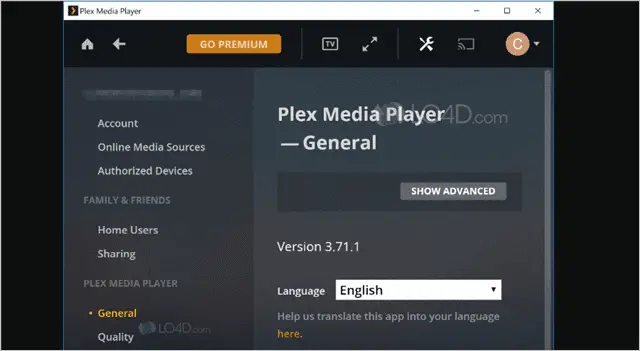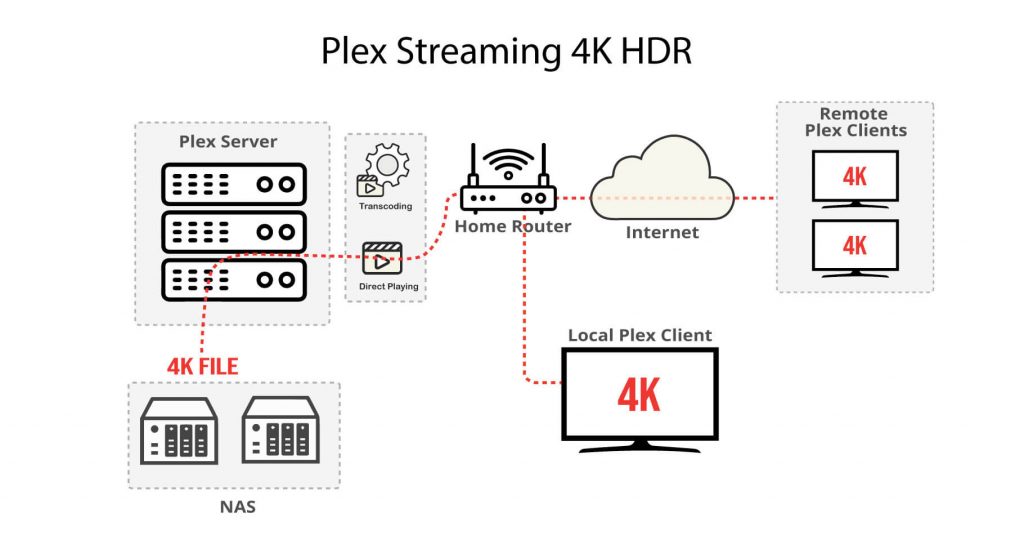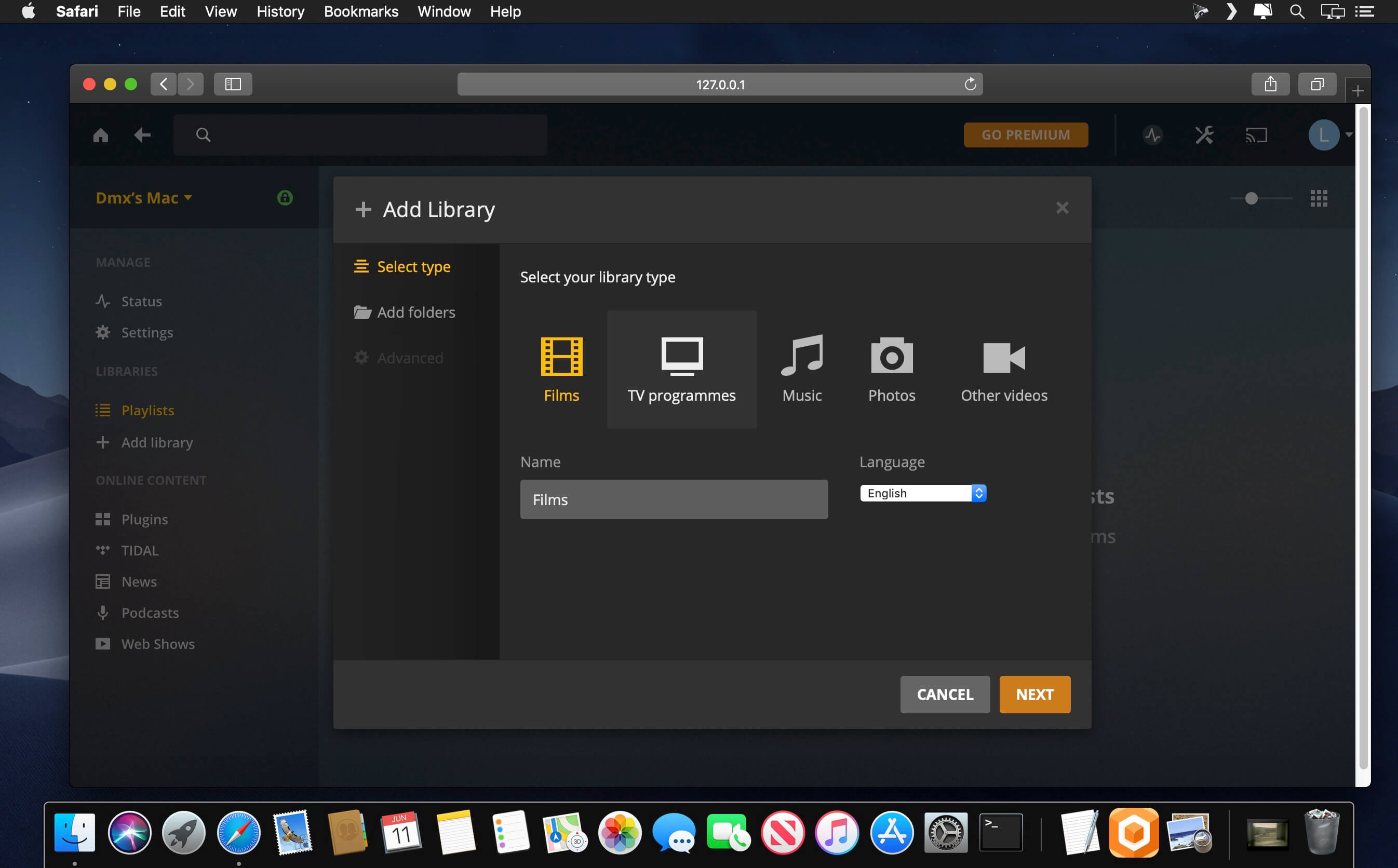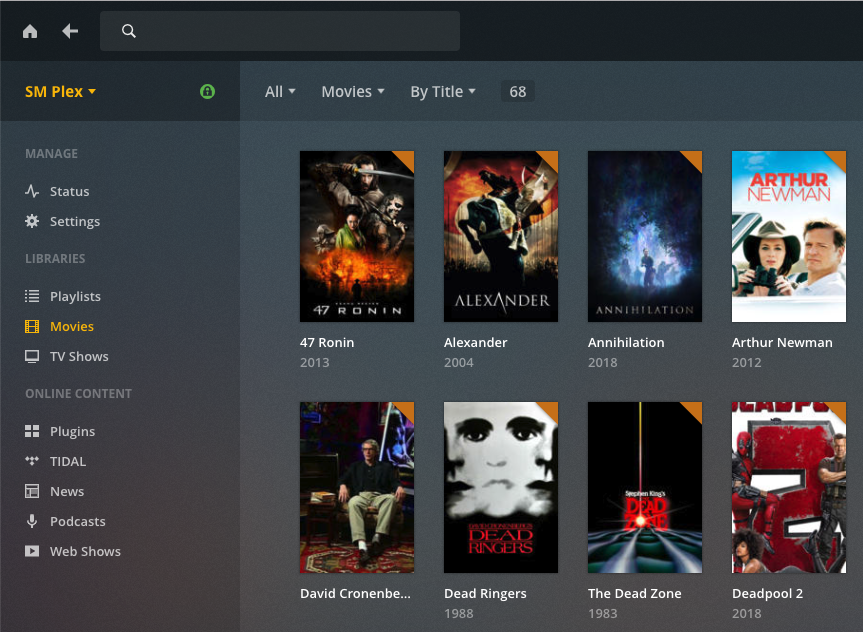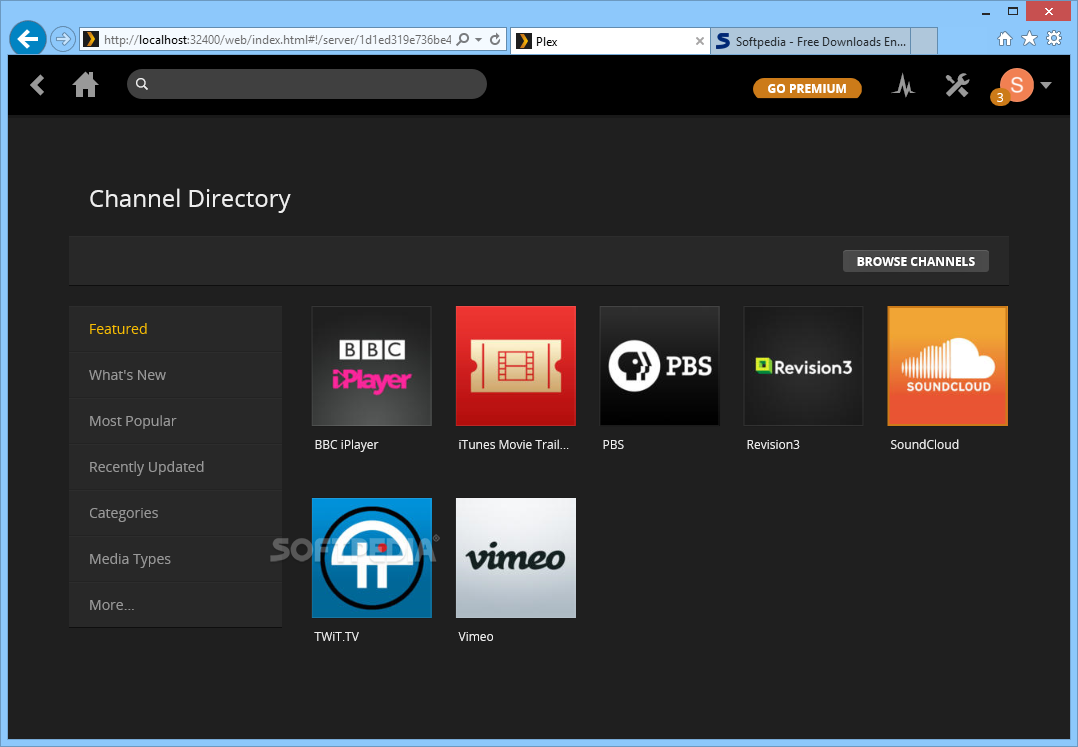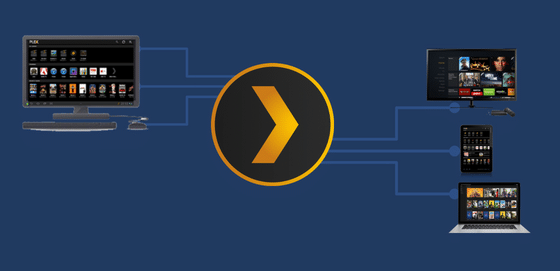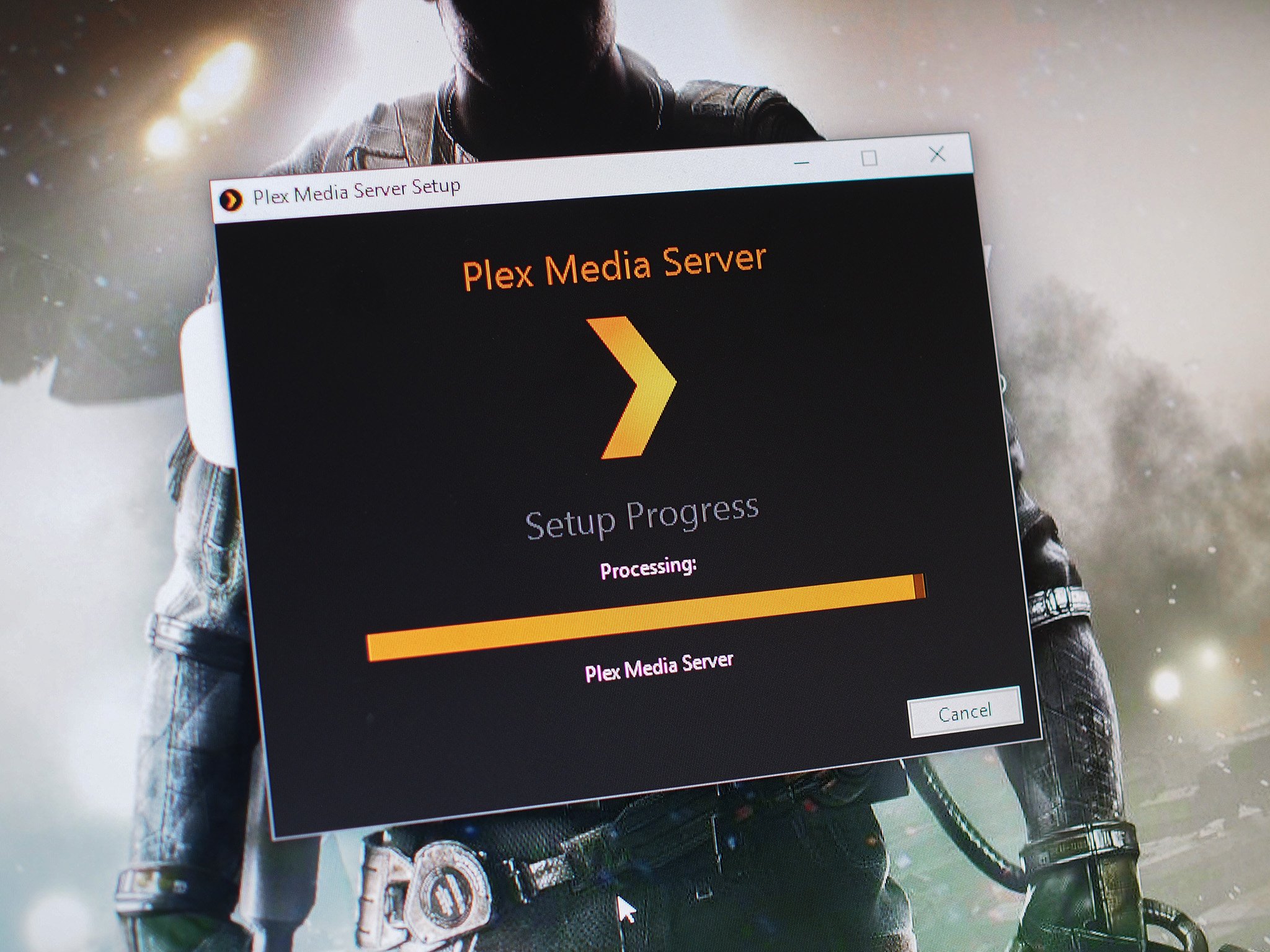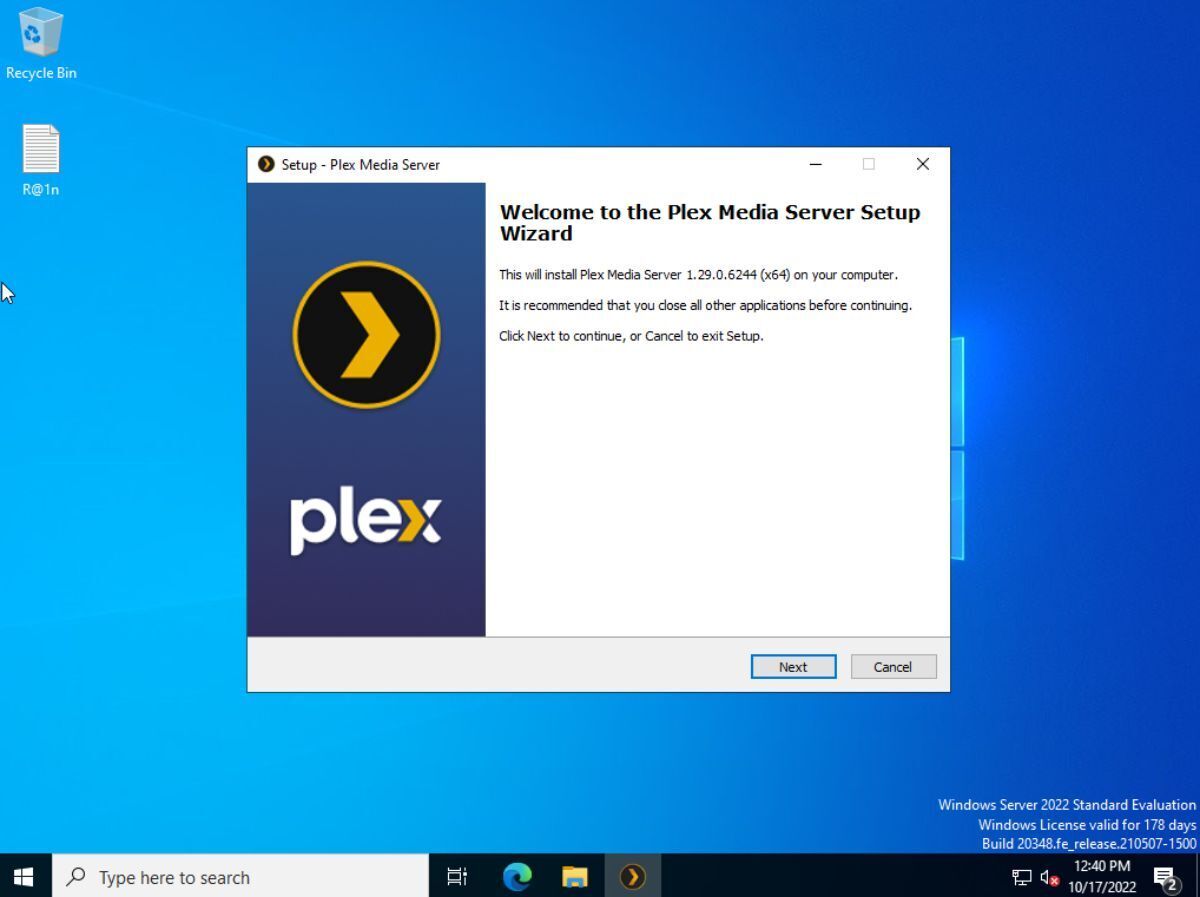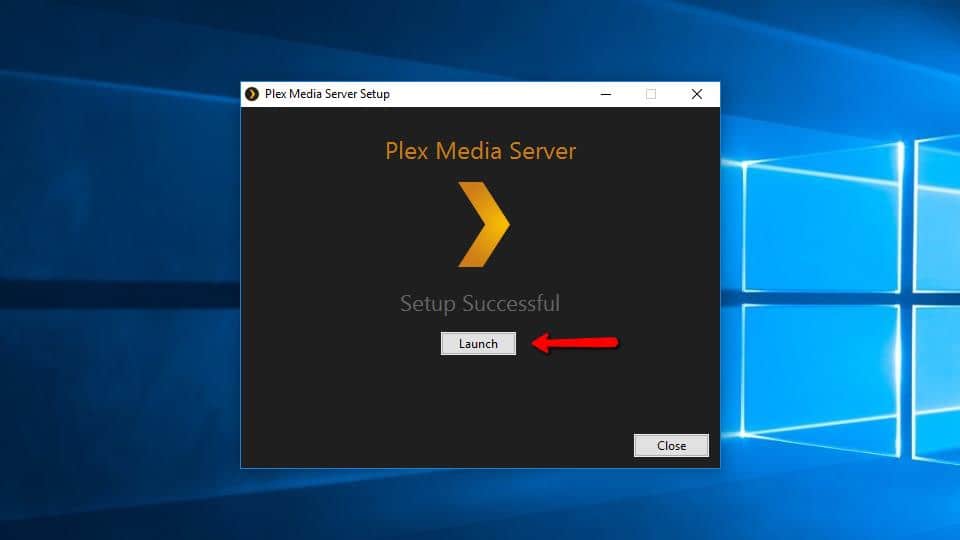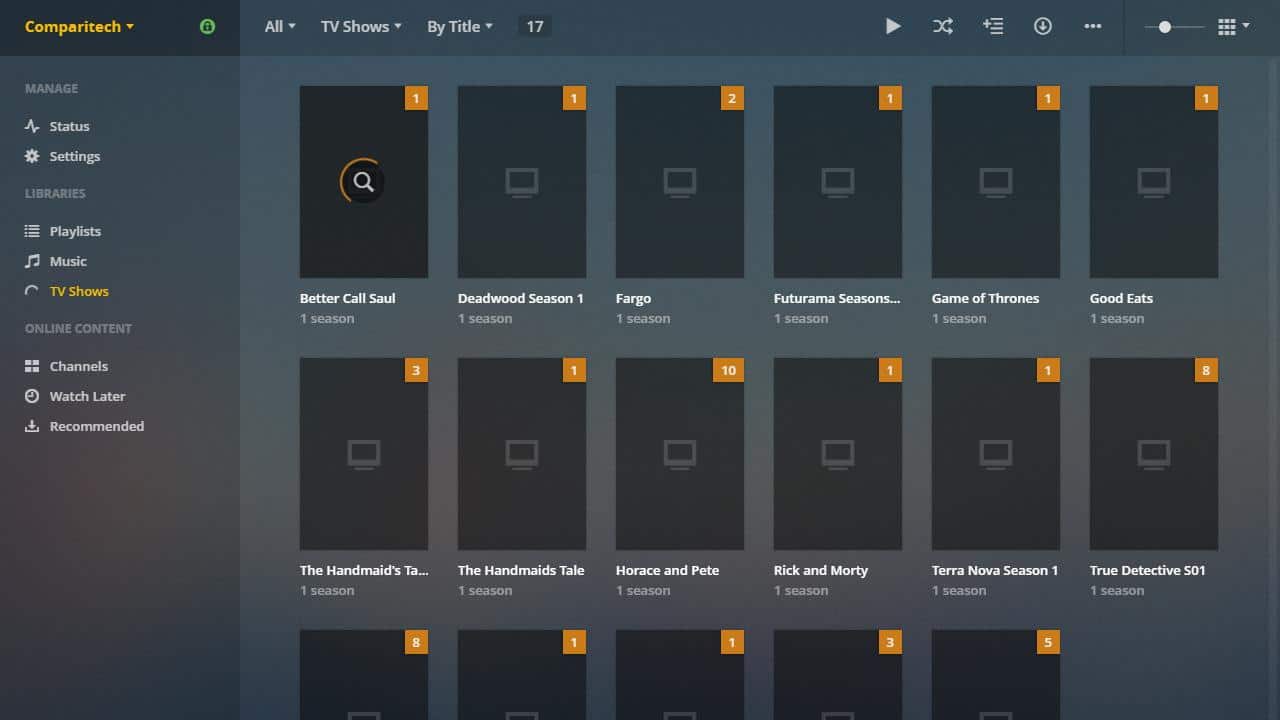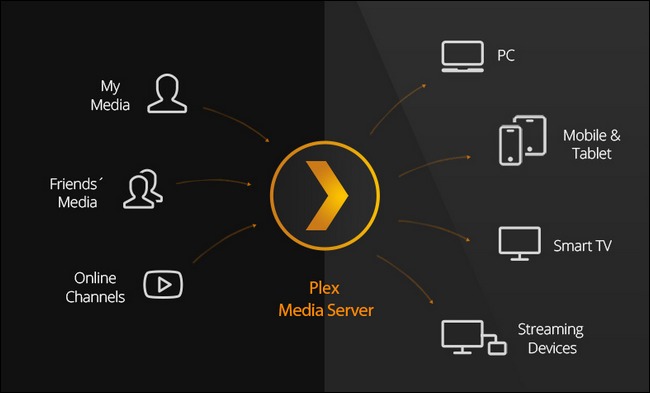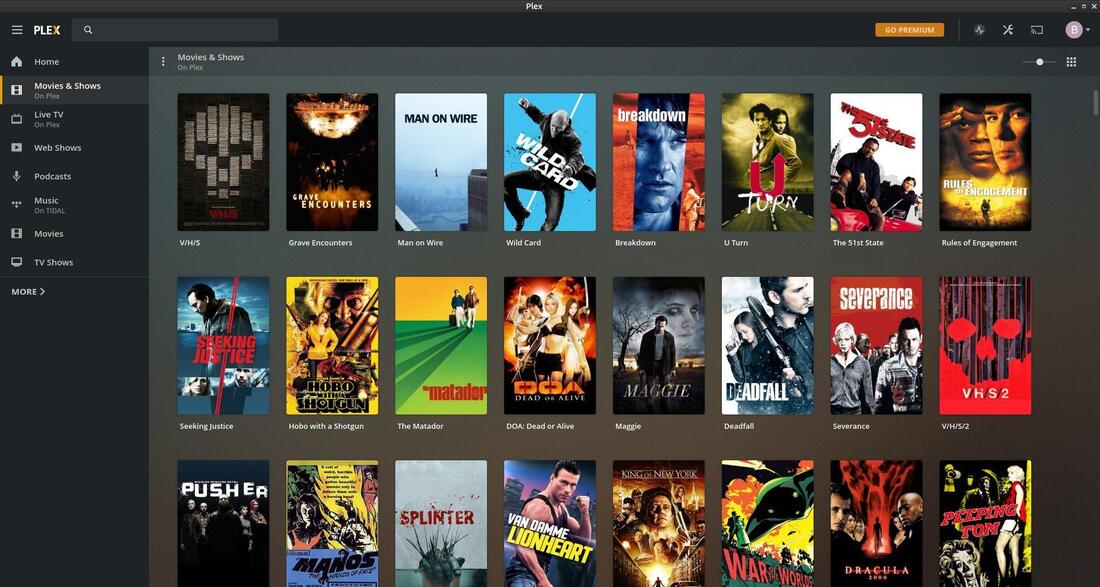Plex Media Server System Requirements
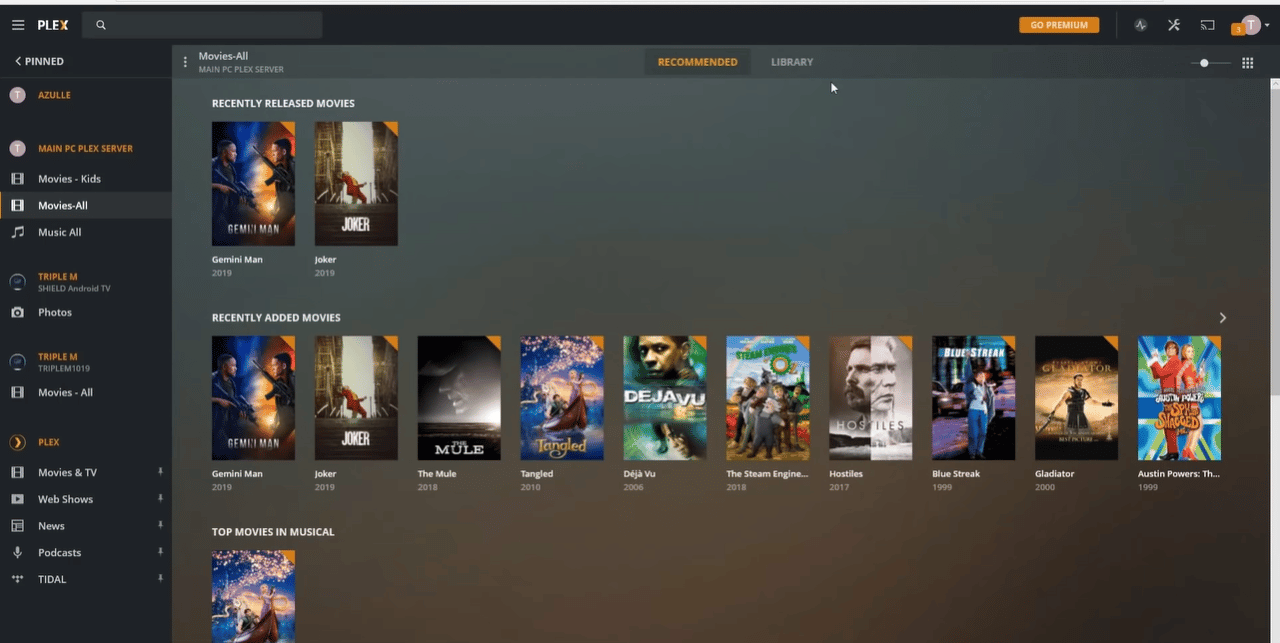
For those building a personal media empire, understanding the hardware and software requirements for Plex Media Server is crucial. Navigating these specifications ensures a smooth streaming experience and prevents frustrating playback issues. This article provides a comprehensive overview of the system requirements for running Plex effectively, drawing from official Plex documentation and community experiences.
The Plex Media Server transforms a computer or network-attached storage (NAS) device into a central hub for all your movies, TV shows, music, and photos. Knowing the *minimum* and *recommended* system specifications is vital for optimal performance. Failing to meet these requirements can lead to buffering, transcoding errors, and an overall subpar user experience.
Minimum System Requirements
Plex officially states some *minimum* requirements. These represent the bare minimum to get the server up and running.
Processor: As a general rule, Plex recommends an Intel Core i3 (or equivalent) CPU, but a basic dual-core processor might suffice for very limited use with direct play only. Operating System: Plex Media Server supports a wide range of operating systems, including Windows, macOS, Linux, and some NAS devices. Specific versions and supported architectures are detailed on the Plex website.
RAM: At least 2GB of RAM is recommended, though more is always better, especially for transcoding. Storage: This is dependent on the size of your media library. Plan for sufficient storage space for your media files and the Plex Media Server application itself.
Recommended System Requirements
For a more seamless experience, especially when transcoding, exceeding the *minimum* is advisable. These recommended specifications will handle more demanding tasks.
Processor: For transcoding 1080p content, Plex recommends an Intel Core i5 or equivalent processor. 4K transcoding requires even more processing power, potentially an Intel Core i7 or dedicated GPU for hardware acceleration.
RAM: 4GB of RAM is a good starting point for moderate usage, but 8GB or more will be beneficial for larger libraries and multiple concurrent streams. Storage: Use fast storage like an SSD for the Plex Media Server application, which will improve overall responsiveness. The media library itself can reside on a slower, high-capacity hard drive.
Considerations for Transcoding
Transcoding is the process of converting media files to a format compatible with the playback device. This process is CPU-intensive.
The *quality* and *resolution* of the content being transcoded significantly impact CPU usage. Streaming 4K HDR content to a device that only supports 720p requires considerable processing power. The Plex website offers guidelines based on the *PassMark* score of your CPU to estimate its transcoding capabilities.
Network Considerations
A *stable network connection* is essential for streaming media. A wired connection is generally preferred over Wi-Fi for the server itself to minimize buffering.
Consider your network bandwidth capacity, especially if streaming to *multiple devices simultaneously*. Plex recommends a minimum upload speed of 2 Mbps per stream for remote access, but higher speeds are recommended for HD or 4K content.
NAS Devices and Plex
Many NAS (Network Attached Storage) devices can run Plex Media Server. However, not all NAS devices are created equal.
Some low-end NAS devices may struggle with transcoding, especially high-resolution content, and only support direct play. Check the CPU specifications of the NAS before committing to using it as a Plex server.
Look for NAS devices with powerful processors and sufficient RAM to handle your expected workload. Consult the Plex community forums for specific NAS model recommendations.
Hardware Acceleration
Plex supports hardware acceleration on certain devices, offloading transcoding tasks from the CPU to a dedicated GPU. This can significantly improve performance and reduce CPU load.
This feature is available on Plex Pass subscribers. Ensure your hardware and Plex version support hardware acceleration for optimal results.
By carefully evaluating your needs and understanding the system requirements, you can build a Plex Media Server that delivers a smooth, enjoyable streaming experience. Experimentation and adjustments may be necessary to optimize performance for your specific setup and media library.
